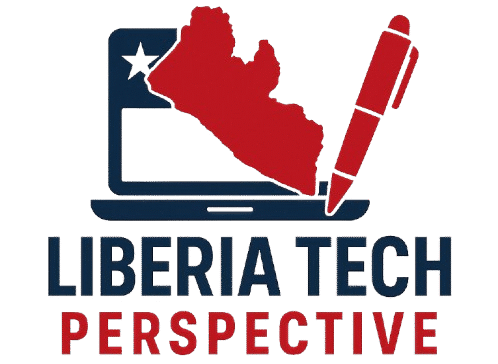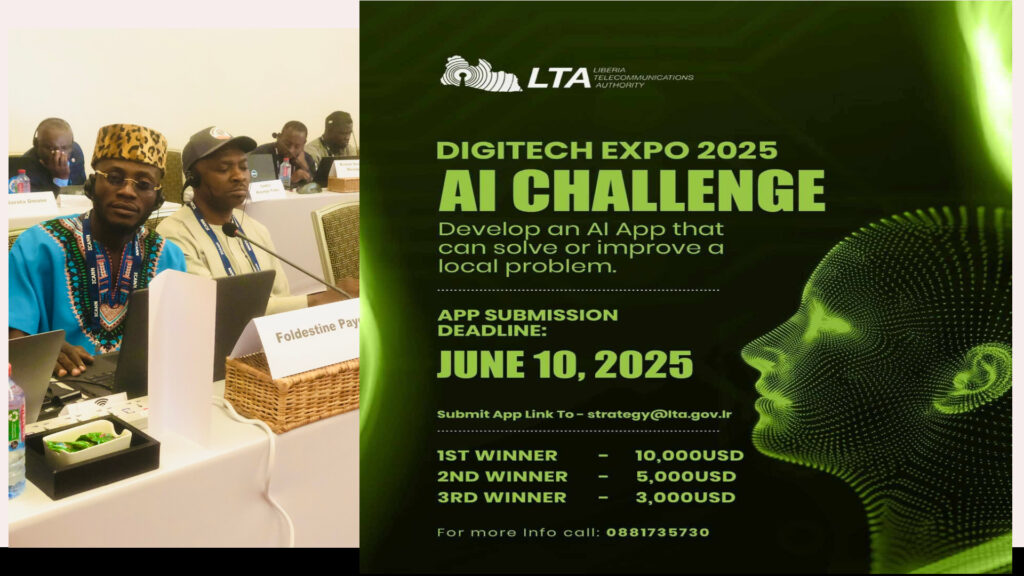In recent years, hackathons have become a growing trend across Liberia’s tech and innovation landscape. From university campuses to co-working hubs like iCampus and Sensi Tech, these high-energy events bring together young developers, entrepreneurs, and problem-solvers to build innovative solutions under pressure—often in less than 72 hours. While the format is exciting and often rewarding, one critical question remains: Are these hackathons creating real, lasting impact beyond prize money?
Liberia has seen a number of notable hackathons and challenges backed by institutions like the World Bank, Orange Liberia, and international development agencies. The 2020 LYEEP Hackathon, for example, funded by the World Bank and Liberia’s Ministry of Youth & Sports, offered thousands of dollars in awards to youth teams developing digital solutions for employment access. Other events, such as the Orange Women in Tech Hackathon and Internews Media Hackathons, have focused on gender inclusion and digital literacy.
These initiatives showcase the talent and creativity of Liberian youth. But after the prizes are awarded, what happens next?
Many hackathons in Liberia—like elsewhere in Africa—end once the winners are announced. The solutions, no matter how promising, often gather digital dust on laptops or forgotten whiteboards. The core problem lies in how these events are framed: as competitions for cash rather than launchpads for startups or products.
When hackathons prioritize prize money over mentorship, post-event incubation, or access to markets, they unintentionally send the message that quick wins are more valuable than long-term solutions. This approach may stunt the very innovation and entrepreneurship they aim to cultivate.
If Liberia wants to build a thriving digital economy, hackathons must evolve from weekend sprints into stepping stones for real-world impact. This means rethinking how these events are designed, executed, and followed up. Here’s how:
1. Integrate Business Development Early – Teams should receive basic training on business modeling, customer validation, and how to build a go-to-market strategy—not just coding.
2. Include Post-Hackathon Support – Winning a hackathon should come with more than cash. It should include access to mentors, seed funding, legal advice, or even space in an accelerator program to take their idea to the next level.
3. Engage Real Stakeholders – Challenges should be tied to real problems faced by businesses, government, or communities. Better yet, get these stakeholders involved in judging, funding, or even piloting the winning solutions.
4. Measure Long-Term Impact – Organizers and sponsors should track whether winning solutions are implemented, scaled, or spun into startups. Success stories should be celebrated not just for winning events, but for creating jobs or solving real problems.
The 2018 Health Hackathon hosted by Sensi Tech and GIZ did more than reward ideas—it linked participants with national health authorities and offered mentorship. Similarly, Techcrafters Africa’s 2024 launch in Monrovia emphasized MVP development and access to funding pipelines for follow-up growth.
These are steps in the right direction, but they must become the norm, not the exception.
On this note, LTA AI Challenge shouldn’t be a competitions for 10, 000USD, 5, 000USD, 3,000USD; it should be an incubators of talent, ideas, and potential businesses. In Liberia, where youth unemployment is high and access to funding is scarce, these events can be powerful tools for transformation—but only if we stop treating them as one-time shows and start treating them as the first chapter of a startup journey.
It’s time to move beyond the hype and harness hackathons and challenges for what they truly can be: engines of innovation that don’t just hand out money—but build the next generation of Liberian entrepreneurs, developers, and changemakers.




Insightful